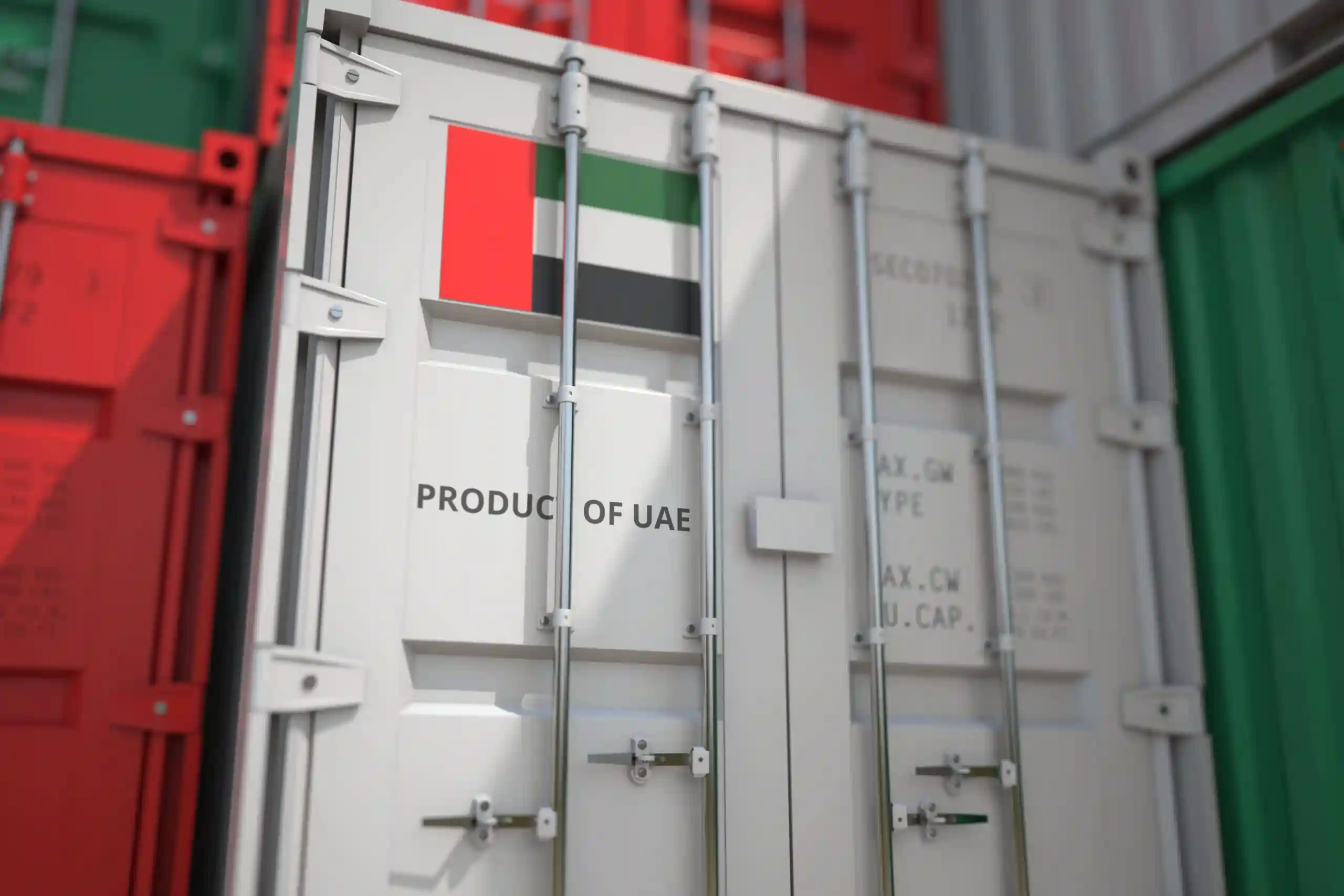Customs Import Export Code (IEC) in UAE
The practice of importing and exporting goods is as old as the concept of business itself. With a world hungry for goods, and the United Arab Emirates (UAE) strategically positioned at the crossroads of Asia, Africa, and Europe, it’s an ideal hub for anyone venturing into international trade. The UAE boasts a robust transportation network, comprising ports, airports, and roads, seamlessly connecting it to global markets. The UAE has a rich history of international trade, bolstered by its strong regional and global relationships. As a result, it has earned a reputation as an attractive and straightforward choice for entrepreneurs looking to engage in import/export activities.
Significance of IEC
What is a Customs Import Export Code (IEC)?
If you’re planning to dive into the world of importing and exporting in the UAE, you’ll need to acquaint yourself with the concept of a Customs Import Export Code (IEC). This code is a crucial requirement, separate from your business license, and plays a vital role in ensuring the legality and compliance of your international trade ventures.
Every country has its own set of customs laws, and the UAE is no exception. The Customs Import Export Code (IEC) is a mandatory requirement under UAE customs regulations. Fortunately, the process of obtaining one is straightforward, provided you have all the required documentation in order before applying. This code ensures that your import and export activities align with UAE customs laws and legal standards.

Neeraj Panchal
RNAP General Trading LLC

Majid Hassan Alnaqbi
Majid Alnaqbi General Trading L.L.C

Joseph Barron
Outlook Community Management LLC

Alana Prinsloo
Casa Verde Real Estate LLC

Philip Hand
West One Contracting L.L.C

Brent Anderson
Gemini Logistics Solutions LLC

Mohamed Ajwath
Reem Al Khaleej Rent A Car L.L.C

Anis Raja
Yamal Properties

Mohamad Bachier Khoja
Usha Food Trading L.L.C

Hala Saad
Royal Rich Interior Design Works LLC

